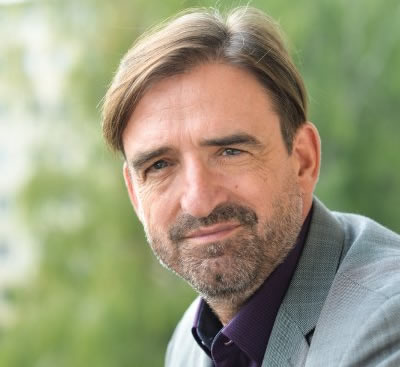
The German government has so far committed a total of €37.8 million towards the development of the first utility scale PV plant in Ghana.
Mr Daniel Krull, the German Ambassador to Ghana, announced this during the commissioning of the photovoltaic Plant at Kaleo in the Nadowli-Kaleo District on Tuesday.
A Spanish Company, Elecnor S. A. built the Solar Plant at Kaleo for the Volta River Authority with funding from the German Development Bank (KfW) implementing the project.
Ambassador Krull said Germany remained a major bilateral provider of development cooperation funds for Ghana, especially in the energy sector with the current portfolio amounts to over 700 million euros.
He said after the completion of all sections of the PV Plant at Kaleo and Lawra, more than 30,000 people could be supplied with reliable green electricity.
The Ambassador said the photovoltaic Plant at Kaleo was because of the excellent cooperation, long-standing, great and trusting relationship between Ghana and German governments.
He said it is the hope and wish of the German government to see this trusted cooperation be extended into the field of green hydrogen and derivate production in Ghana.
The German Ambassador said the photovoltaic Plant was an important step toward achieving the ambitious goals of the renewable energy master plan of Ghana.
“The commissioning of the plant shows that the expansion of renewable energies in Ghana is technically and financially feasible in times of galloping energy costs.
“These renewables are the most promising source for an independent and climate friendly and affordable energy supply”, Mr Krull said.
Ambassador Krull said the power sector had made remarkable progress in recent years, as the government had provided access to electricity to a large part of the population thereby creating opportunities for the economic growth of the country.
He said the operations of the PV systems could help reduce greenhouse gas emissions by over 30,000 tons of carbon dioxide each year, which translates to the emissions of 60,000 Ghanaians.
Source: GNA























